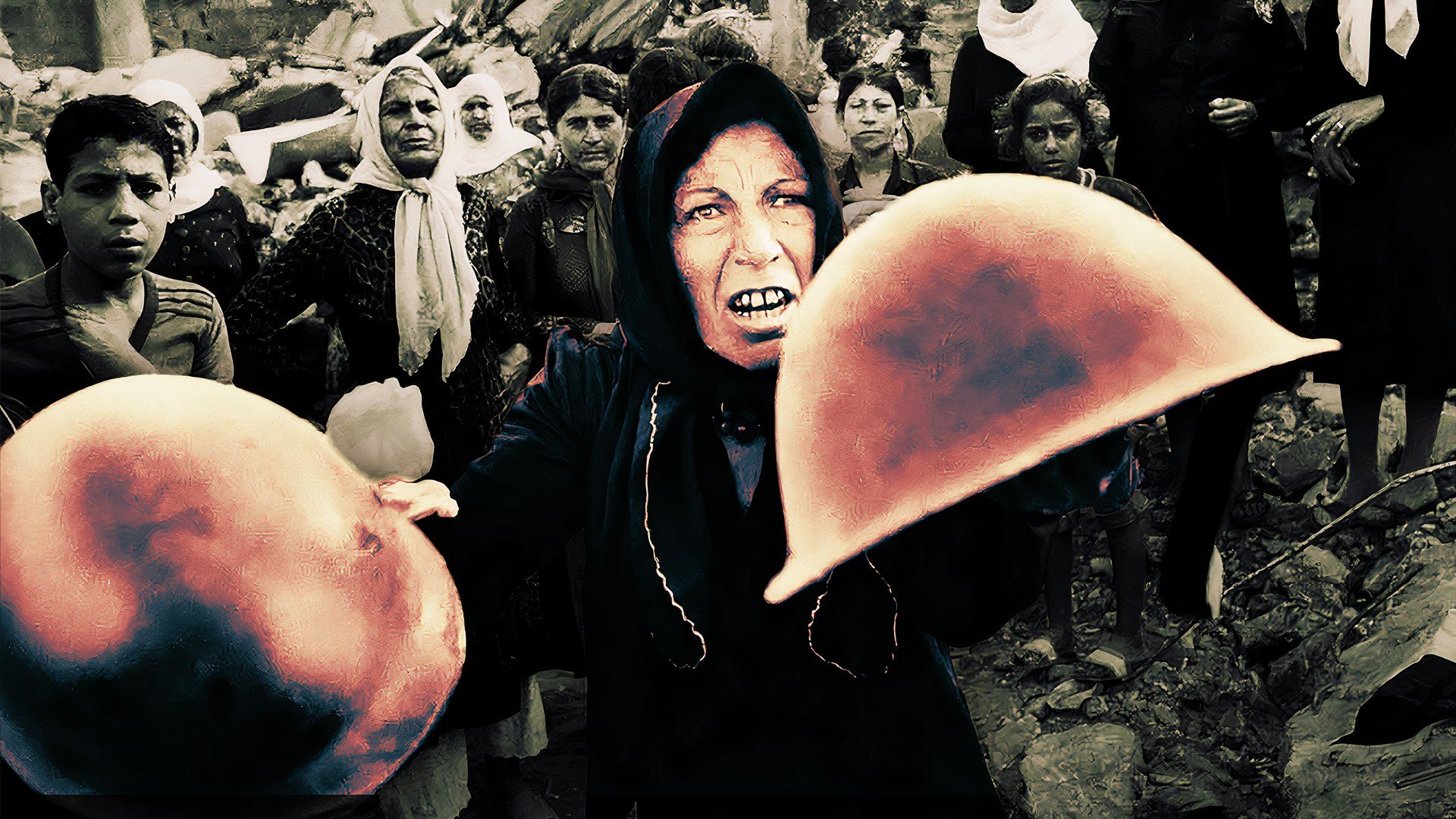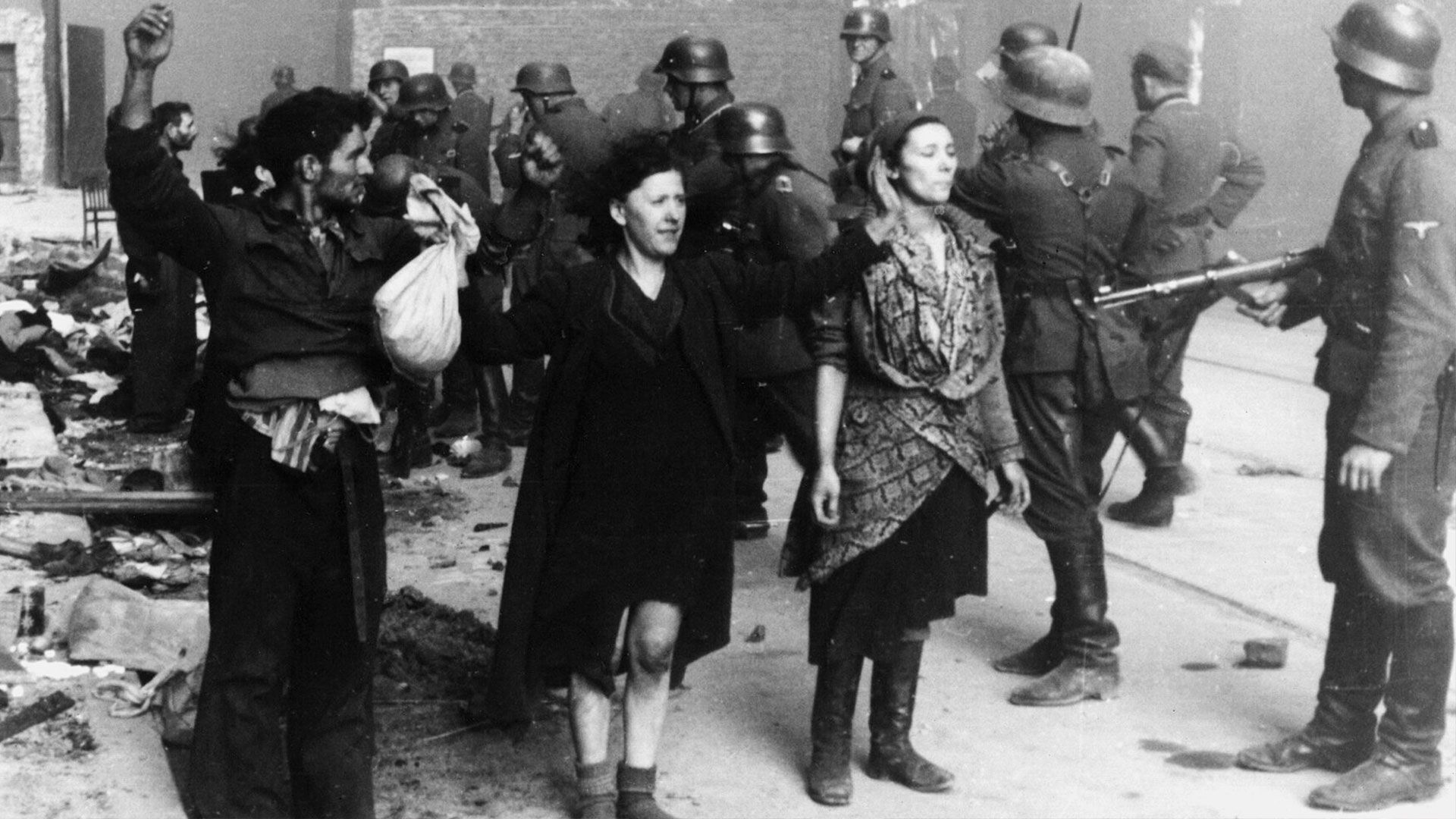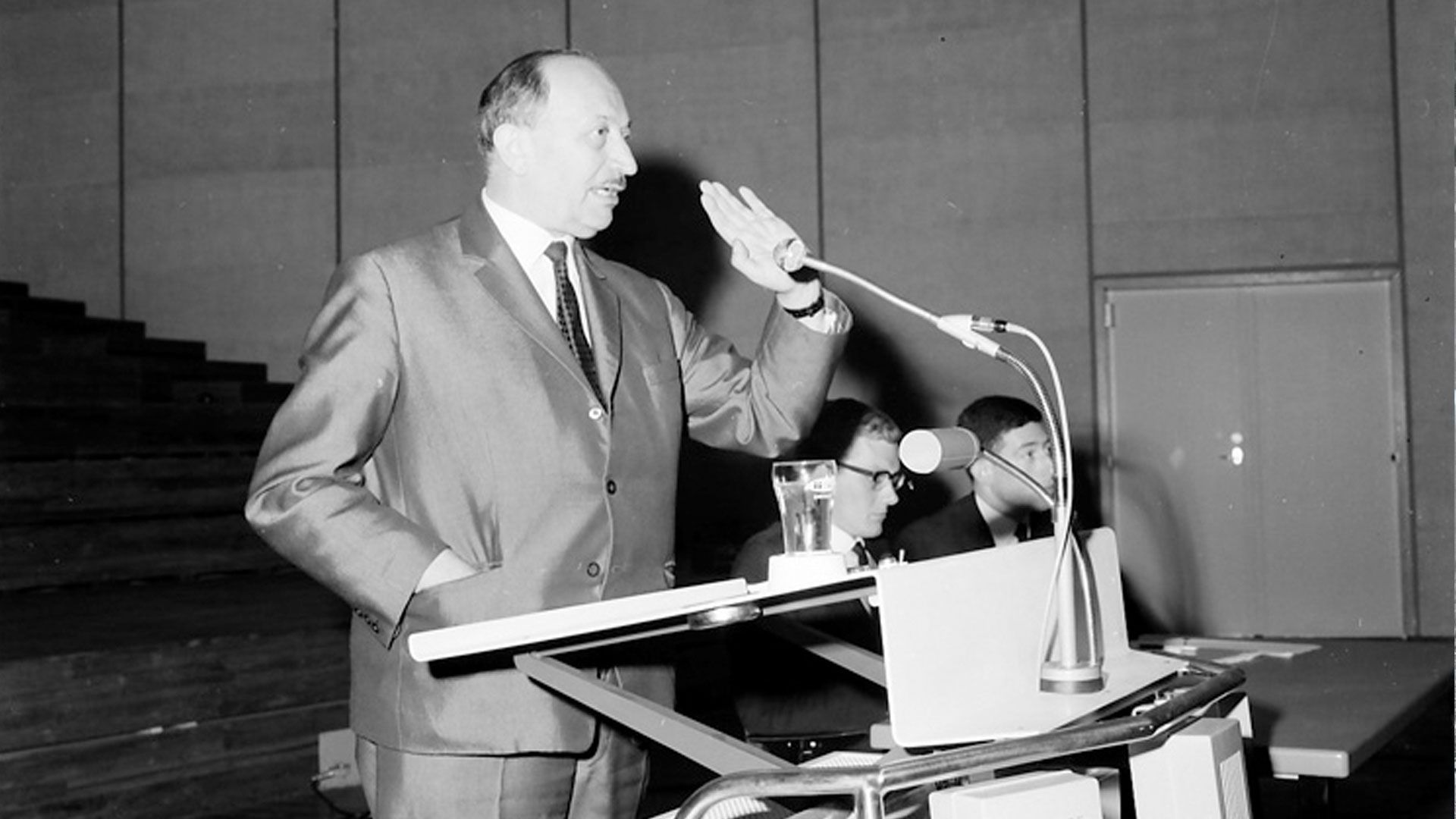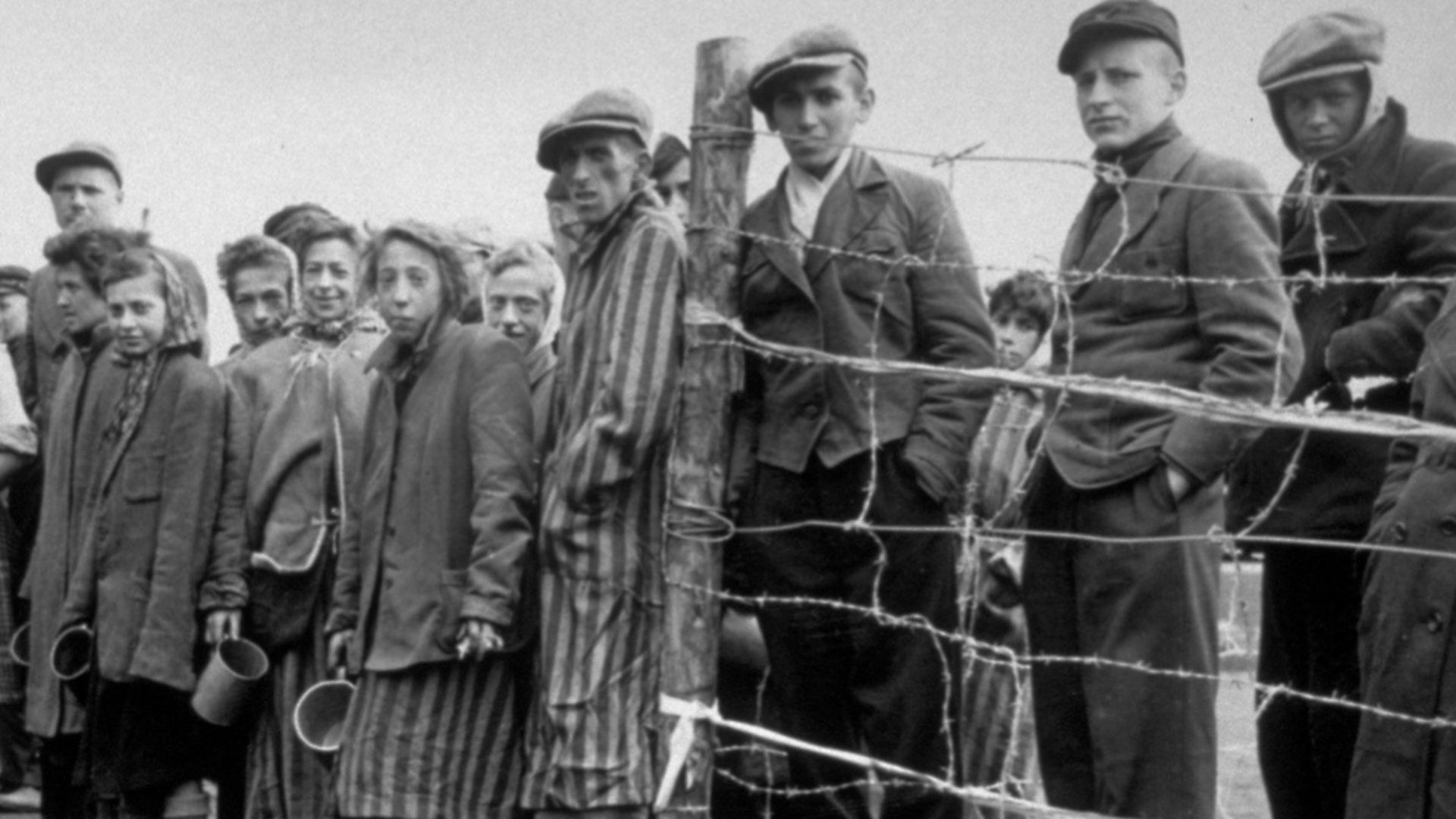
As someone who has spent a significant portion of my life studying and reflecting on the atrocities committed during the Holocaust, I can confidently say that “Genocide” is one of the most powerful and poignant documentaries I have ever seen. It serves as a stark reminder of the darkest chapter in human history and the consequences of unchecked prejudice and hatred.
Portraying the magnitude and extent of the Holocaust, without question one of the most heinous acts of inhumanity, is an arduous challenge for any filmmaker. It carries a responsibility to truthfully represent the facts and pay tribute to the memory of those who tragically lost their lives due to mass industrialized slaughter. Sharing this information with viewers and recounting the ordeals faced by survivors serves as a reminder of what transpired, ensuring we never forget history’s atrocities.
Numerous films have explored the Holocaust as their subject matter. One of the earliest and most groundbreaking among them is “Night and Fog,” directed by Alain Resnais. This documentary used contrasting techniques such as archival footage and color photography to depict the concentration camps shortly after they were liberated. Another significant example, “Shoah,” stands out for its unique approach of consisting entirely of interviews with both oppressors and victims, relying heavily on oral tradition.
One of the most haunting attempts to explore the gravity and heartbreak of the Holocaust emerged in 1982, titled “Genocide.” Directed by Arnold Schwartzman, this film delves into both the historical context and personal accounts using narration and archival footage. Now available for free streaming on Tubi, viewers can gain insight into one of humanity’s darkest periods in history.
Giving a Voice to Those Who Can No Longer Speak

In my view, a documentary film serves as a powerful voice for those who have been silenced by tragedy or injustice. For instance, when it comes to genocide, such as the Holocaust, these documentaries offer an unprecedented account of history – from the events that led up to the atrocities and the harrowing experiences of survivors who managed to endure this horrific ordeal. The Holocaust was not a sudden event, but rather a chilling outcome of prejudice handed down through generations.
Orson Welles narrates the heartrending account of centuries-old anti-Semitism in Europe, portraying history as a dramatic tale filled with emotion for the audience. In this documentary, titled Genocide, Welles focuses on the tragic events following Adolf Hitler’s rise and the Nazi regime, offering glimpses of his past, such as the infamous broadcast of War of the Worlds that caused widespread panic in certain American towns. This clever contrast between Welles’ fictional alien invasion narrative and the horrifying reality of the Holocaust underscores the terrifying distinction between imagined terror and the actual “living hell” experienced during the Nazi era.
Instead of Welles’ historical account, there’s extra dialogue contributed by Elizabeth Taylor. While Welles describes the Holocaust events and the environment that enabled it, Taylor shares survivor testimonies. By incorporating words written by individuals who went through such a hardship, the scenario becomes more understandable in terms of human experience. Conveying facts about Nazi crimes is one thing, but Taylor’s emotionally intense dialogue filled with fear and sorrow resonates deeply with the audience unlike any other means.
Archival Footage and Atmosphere

It’s likely that any documentary, including Genocide, uses a considerable amount of archival footage alongside narration to create a visual representation and portrayal of its subject matter. What sets Genocide apart is its poignant musical score, which underscores the gravity of its topic and stirs deep emotions in viewers. The moving soundtrack for Genocide was composed by Elmer Bernstein, who masterfully captured the true horror experienced during the Holocaust through his orchestral work.
Similar to numerous previous documentaries on the Holocaust, the film Genocide effectively employs archival footage to depict events, but sets itself apart by incorporating survivor’s artwork and poetry into the narration provided by Taylor. These sequences often convey a sense of resilience and determination to live, enriching the overall storyline and making the viewing experience profoundly moving.
The Importance of Remembering The Past

It has been said often that those who don’t learn from history are doomed to repeat it. Genocide, a heart-wrenching event, exposes the cruelty that arises when prejudice and racial animosity are unchecked. Movies serve primarily to educate audiences about unfamiliar topics and expand their perspective on the world.
In the several years that have occurred since the death camps were liberated and the fall of the Third Reich, humanity has only become more afflicted with those who wish to persecute others. Genocide depicts its subject in such a way that an audience is left empty and shocked that such events could have ever occurred. Just as Wiesenthal implores in the beginning, it’s essential that we never forget one of the darkest chapters of human history. As Holocaust survivor Elie Wiesel wrote in his autobiography, Night, “to forget the dead would be akin to killing them a second time.”
Read More
- Silver Rate Forecast
- Grimguard Tactics tier list – Ranking the main classes
- USD CNY PREDICTION
- Gold Rate Forecast
- Former SNL Star Reveals Surprising Comeback After 24 Years
- 10 Most Anticipated Anime of 2025
- Black Myth: Wukong minimum & recommended system requirements for PC
- Box Office: ‘Jurassic World Rebirth’ Stomping to $127M U.S. Bow, North of $250M Million Globally
- Hero Tale best builds – One for melee, one for ranged characters
- Mech Vs Aliens codes – Currently active promos (June 2025)
2024-09-15 21:31